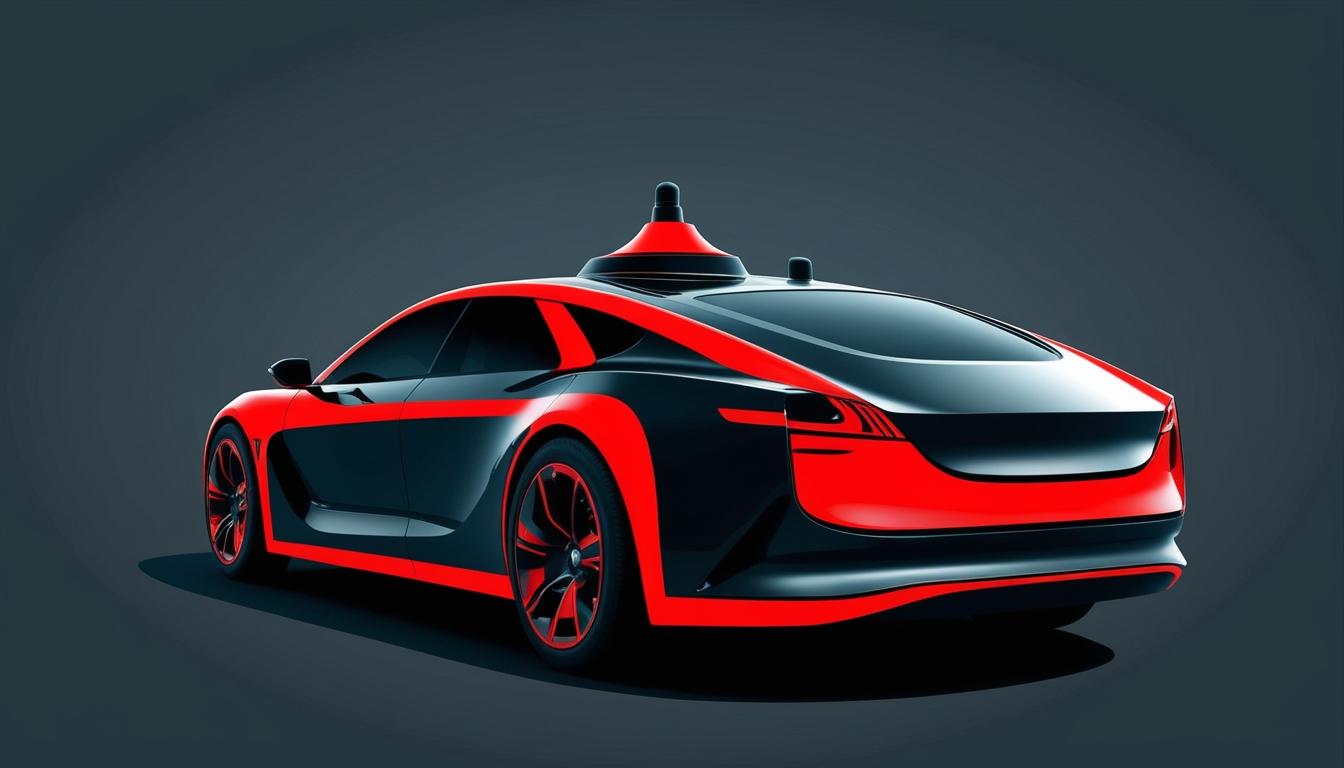A consortium of prominent self-driving car manufacturers has requested the U.S. government to adopt a more proactive stance in fostering the advancement and deployment of autonomous vehicles (AVs). This influential group includes major industry players such as Volkswagen, Ford, Alphabet’s Waymo, Amazon’s Zoox, and Uber, who collectively caution that any delay in federal action could impede progress and give an advantage to other countries, particularly China, in the rapidly evolving AV technology sector.
The Autonomous Vehicle Industry Association (AVIA), chaired by Jeff Farrah, has put forward a comprehensive policy framework that calls on the U.S. Department of Transportation (USDOT) to assume a leading role in overseeing the design, construction, and operational performance of autonomous vehicles. Farrah stressed the necessity for clear regulatory guidelines to establish a "pathway" for the introduction of these advanced vehicles to the market. "We want to make sure there is a clear pathway to getting these next-generation vehicles on the road," Farrah remarked, expressing frustration over the sluggish progress in regulatory matters.
In response to these industry concerns, Transportation Secretary Pete Buttigieg acknowledged the government's cautious approach, reiterating the need for extensive testing to ensure that autonomous vehicles surpass the capabilities of human drivers. He highlighted that such rigorous oversight is essential not only for harnessing the life-saving potential of AVs but also for fostering public trust and acceptance of this emerging technology.
The urgency surrounding the regulatory landscape has intensified following a serious incident in October 2023, where a self-driving car operated by General Motors’ Cruise division injured a pedestrian. This event prompted the USDOT to initiate investigations into several autonomous vehicle operators, including Cruise, Waymo, and Zoox, further underscoring the need for comprehensive regulatory oversight.
The AV industry is advocating for Congress to clarify that human controls may be unnecessary in automated vehicles that meet established safety standards. Additionally, they seek approval for companies to disable manual controls in fully autonomous models. Another key recommendation is to create a national repository for AV safety data, which would be accessible to state transportation agencies, thereby facilitating comprehensive safety monitoring and improvements at a national level.
As competition escalates globally and regulatory hurdles remain significant, the autonomous vehicle sector is looking to the U.S. government for decisive action to facilitate the swift deployment of self-driving technology, a move that could redefine the future of transportation.
Source: Noah Wire Services
